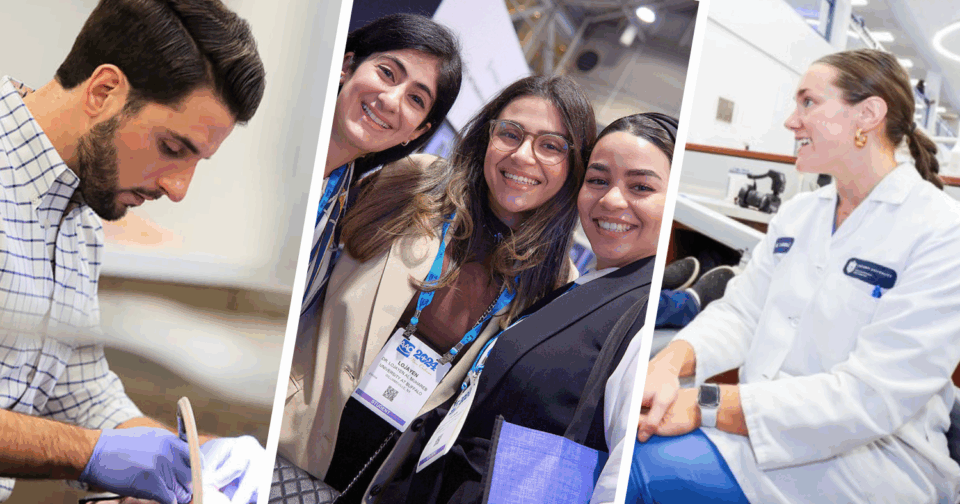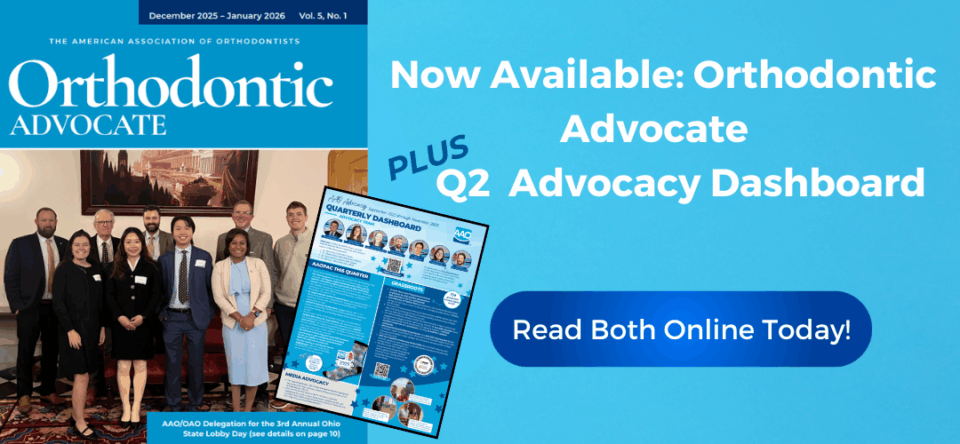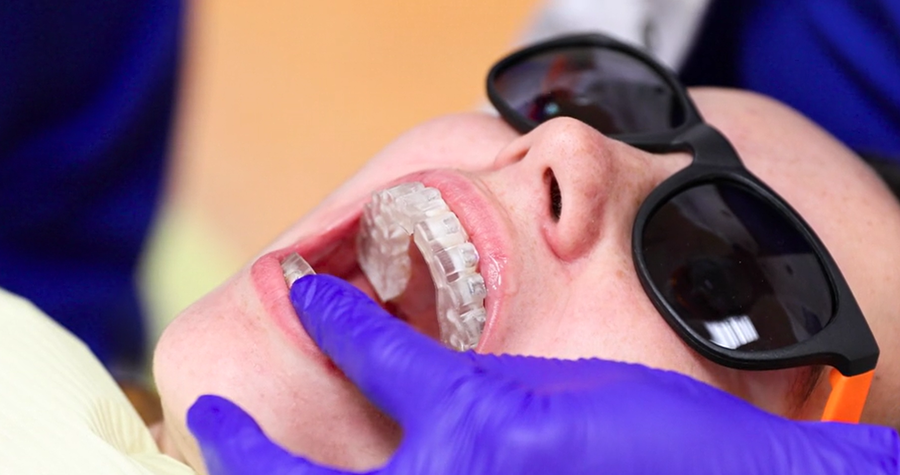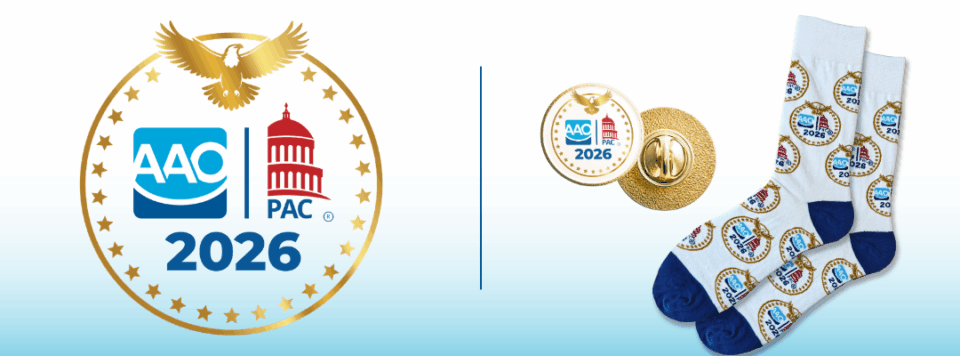Did you know that your AAO membership comes with access to an entire library of legal resources created just for orthodontists? The AAO Legal Resource Center, available through the member portal, is one of the most frequently used benefits by our members—and for good reason.
Through the Legal Resource Center, members can find articles on common legal issues, practical guides, and a full library of forms ranging from informed and supplemental consent documents to releases, waivers, and contracts. Even better, if you don’t find what you’re looking for, you can reach out directly to the AAO Legal Team by emailing [email protected]. While the AAO’s attorneys cannot provide individualized legal advice or review your personal contracts, they can provide general legal information to help you better understand issues such as:
- Dismissing patients
- Handling divorced parents and guardianship issues
- Record retention requirements
- Dealing with past due accounts
- HIPAA and privacy concerns
- Responding to subpoenas
AAO Legal Resources Center Link: Orthodontic Legal Resource Center | AAO
Members frequently tell us that access to these resources and their conversations with the AAO Legal Team have helped them reduce risk, save time, and even avoid costly attorney fees down the road. Maximizing AAO legal resources can lead to cost savings and add even greater value to AAO membership.
Resident Legal Courses: A Record-Breaking Year for AAO
The AAO is also committed to preparing the next generation of orthodontists. That’s why the AAO Legal and Advocacy team provides free, three-hour Resident Legal Courses (RLCs) to all CODA-accredited orthodontic residency programs in the United States and Canada. This year has been record-breaking: 26 courses already scheduled — nearly double the average in years past — with more still being requested.
Led by AAO attorneys Adam Braundmeier (General Counsel), Dan Ta (Staff Attorney) and Trey Lawrence (CEO), RLCs cover practical topics that every new orthodontist will face, including:
- Employment contracts
- Informed consent and advertising regulations
- HIPAA in the age of social media
- Employment law basics
- Giveaways and sweepstakes rules
- Fraud prevention
- Defining and limiting the doctor/patient relationship
Far from a lecture, these sessions are open, engaging, and interactive. Residents are often surprised (and occasionally shocked!) to learn how common HIPAA and advertising violations occur in real practice. The result is a lively, eye-opening discussion to better equip orthodontic residents for the realities of practice ownership.
Learn More about the Resident Legal Course
To make the programs even more valuable, AAO can reimburse programs up to $15 per resident for lunch. Additionally, timely AAO Advocacy updates are shared that can impact both residents and the future of orthodontics. The AAO Political Action Committee (AAOPAC) is also introduced as a key driver for our AAO Advocacy success, not only in Washington, DC but also in states throughout the country. The AAO offers this program purely to inform and connect.
New This Year: AAO Leaders Joining the Conversation
Going forward, AAO leaders will join our attorneys at select RLCs to share their own practice perspectives. Upcoming programs will feature leaders such as Dr. Luis Toro (AAO Speaker of the House of Delegates from Puerto Rico), Dr. Michael Sherman (AAO Trustee-GLAO from Ontario), Dr. Jeff Rickabaugh (former AAO Speaker of the House of Delegates from North Carolina), and members of the AAO National Advocacy Network. In addition to networking opportunities, these AAO leaders will offer orthodontists-in-training unique insights from their experiences in clinical practice and in organized dentistry — both within AAO and beyond.
Micro-volunteerism opportunities like this for AAO members not only give residents a chance to connect directly with AAO leadership, it also reinforces the unique value AAO membership offers from residency through retirement.
Why It Matters
The Legal Resource Center and RLCs strengthen the profession by providing orthodontists with the knowledge to practice ethically and in compliance. This consistency protects patients, builds public trust, and elevates orthodontics as a specialty.
They also complement AAO’s advocacy priorities. When members understand the rules surrounding patient privacy, advertising, and professional ethics, they can become stronger advocates through grassroots engagement at all levels of government in the U.S. and Canada for policies that can protect orthodontists, orthodontic staff, and the public.
Take Action
Explore the Legal Resource Center through the AAO Member Portal
Request a Resident Legal Course for your program by filling out the online request form or by contacting your AAO Advocacy Team at [email protected].
It is your AAO, and your AAO Legal and Advocacy Department is here for you.
[NM1]Good to hyperlink



